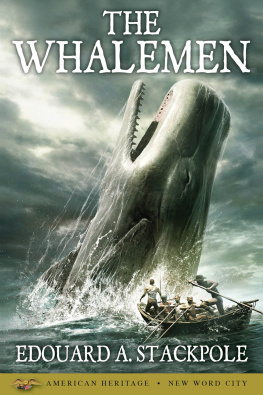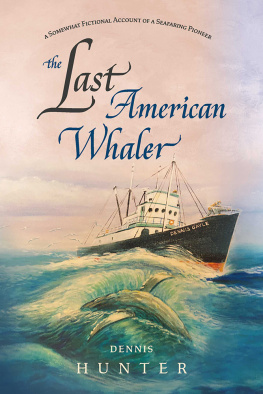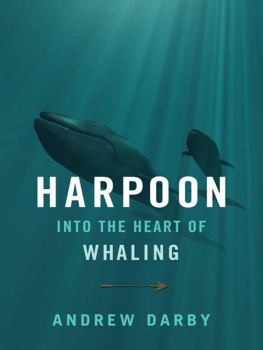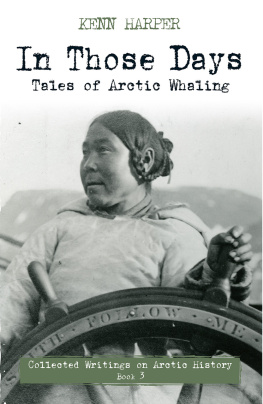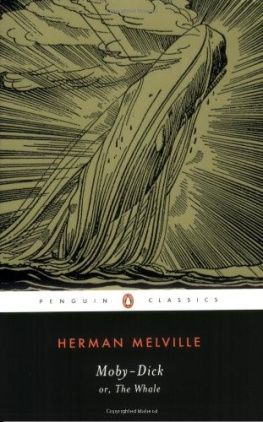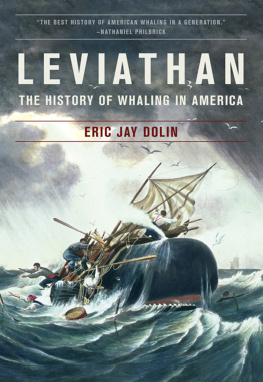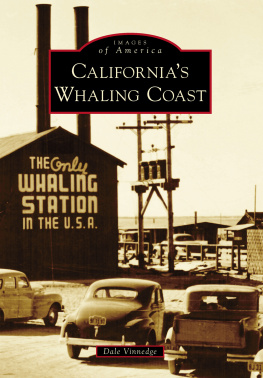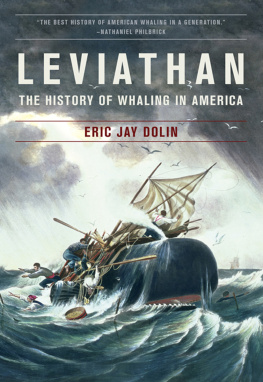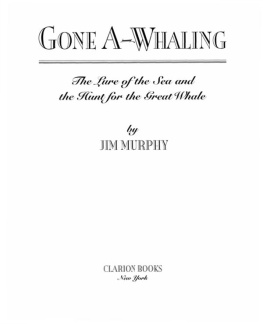Edouard A. Stackpole - The Whalemen
Here you can read online Edouard A. Stackpole - The Whalemen full text of the book (entire story) in english for free. Download pdf and epub, get meaning, cover and reviews about this ebook. year: 2016, publisher: New Word City, Inc., genre: Adventure. Description of the work, (preface) as well as reviews are available. Best literature library LitArk.com created for fans of good reading and offers a wide selection of genres:
Romance novel
Science fiction
Adventure
Detective
Science
History
Home and family
Prose
Art
Politics
Computer
Non-fiction
Religion
Business
Children
Humor
Choose a favorite category and find really read worthwhile books. Enjoy immersion in the world of imagination, feel the emotions of the characters or learn something new for yourself, make an fascinating discovery.
- Book:The Whalemen
- Author:
- Publisher:New Word City, Inc.
- Genre:
- Year:2016
- Rating:5 / 5
- Favourites:Add to favourites
- Your mark:
- 100
- 1
- 2
- 3
- 4
- 5
The Whalemen: summary, description and annotation
We offer to read an annotation, description, summary or preface (depends on what the author of the book "The Whalemen" wrote himself). If you haven't found the necessary information about the book — write in the comments, we will try to find it.
No other industry in Americas history ever approached whaling for adventure and enterprise. Here, from historian Edouard A. Stackpole are the early Colonial days when boat crews attacked whales near shore through the development of deep-sea whaling by the hardy Quaker whalemen of Nantucket, and on into the adventure-packed century when Yankee whalemen made the world their domain.
The Whalemen — read online for free the complete book (whole text) full work
Below is the text of the book, divided by pages. System saving the place of the last page read, allows you to conveniently read the book "The Whalemen" online for free, without having to search again every time where you left off. Put a bookmark, and you can go to the page where you finished reading at any time.
Font size:
Interval:
Bookmark:
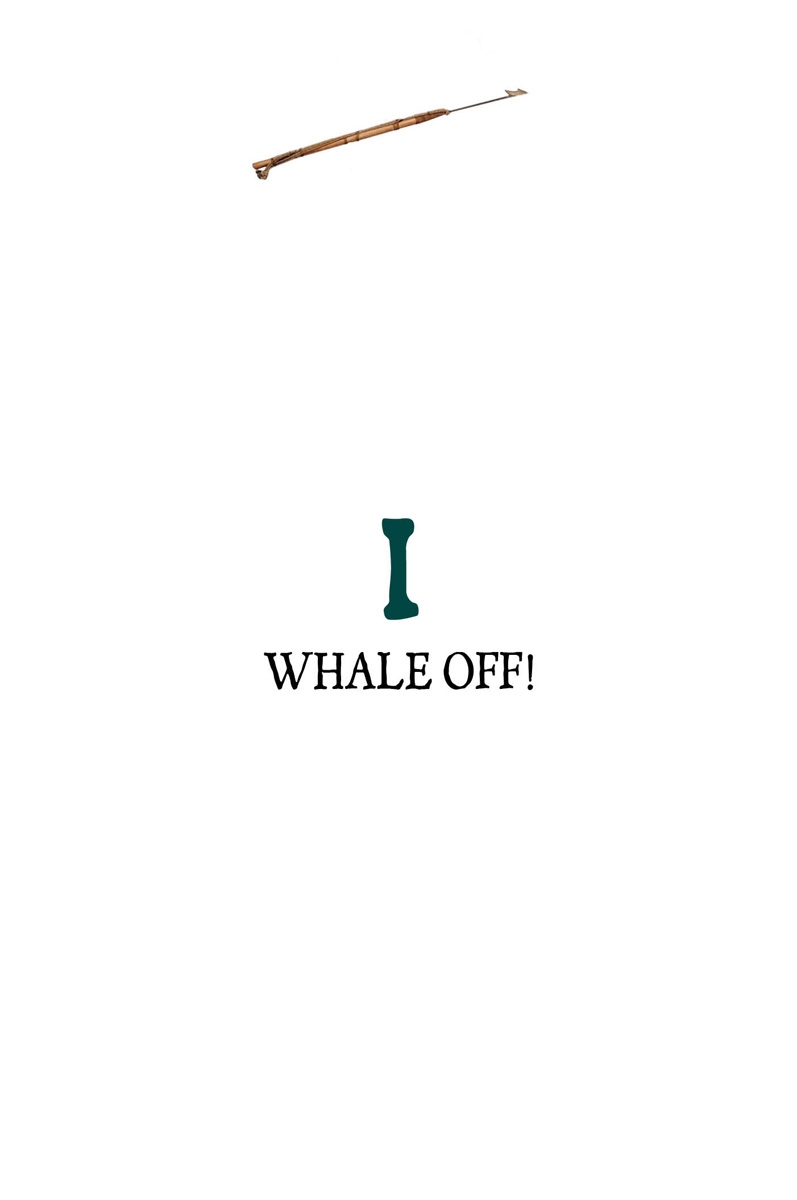
The whalemen of the nineteenth and twentieth centuries, facing the isolation and peril of the open sea, risked their lives in the exhilarating pursuit of the largest animal ever hunted. Drawn by adventure and the thrill of the hunt, they endured countless hours of tedium as they trolled the deep waters, waiting to hurl their harpoons at the giant creatures. For some, it was an obsession; for most, however, it was their livelihood, a passage to either fortune or ruin.
Long before Herman Melville wrote about Captain Ahabs unconquerable white whale in Moby Dick, whalemen hunted the great beasts, killing them for their precious bones, oil, and ambergris. Although men began whaling as early as the Stone Age, it was between 1650, when the first whale fisheries were established off the coast of New England, and 1850, that the whaling industry reached its peak. With the wreck of the whaler Wanderer in 1924, the whaling industry quietly ceased to exist.
In its heyday, whaling earned vast fortunes for fleet owners in Cape Cod, Nantucket, and New Bedford, Massachusetts, as thousands of men took to the seas. Beginning with colonists in flimsy open boats, the industry expanded as enterprising Americans sent ships to every corner of the world, adding to their new countrys wealth and enlarging their knowledge of its geography. Born before the steam engine, the whaling business thrived for more than three centuries, dependent only upon the strength and courage of the brave souls who manned the ships.
Centuries before European explorers stirred the waters of North America with their tall ships, the Makah Indians of the Pacific Northwest hunted the humpback and gray whales that swam in the ocean near their villages.
Hundreds of years later, on the other side of the continent, English explorer Bartholomew Gosnold found the remains of a similar hunt - many huge bones and ribbes of whales - on an island off the coast of Massachusetts he named Cuttyhunk.
In 1605, after witnessing Indians hunting whale off the coast of Maine, Captain George Waymouth, another English explorer, described their technique: With a Multitude of their Boats... [they] strike him with a Bone made in fashion of a harping iron [harpoon] fastened to a rope; which they make great and strong of Bark of Trees, which they veer out after him; then all their Boats come about him as he riseth above Water, with their Arrows they shoot him to death; when they have killed him and dragged him to Shore, they call all their Chief Lords together and sing a Song of Joy....
The tales told by these early explorers captured the attention and imagination of the English, who gleaned from their accounts that whaling was a profitable enterprise: A successful whaling expedition might yield a profit of $40,000 to $60,000 - the equivalent of $1 million to $1.5 million today - from the oil and whalebone alone. But whaling expeditions were expensive: In 1616, when Captain John Smith, one of the founders of the Plymouth Colony on Massachusetts Bay, returned to England after a long and unproductive excursion, he wrote that he found this Whale-fishing a costly conclusion: we saw many, and spent much time chasing them; but could not kill any.
In 1620, as passengers on the merchant ship Mayflower entered Cape Cod Bay, they witnessed a sea teeming with whales. Every day, we saw Whales playing hard by us, one of the Pilgrims recorded.... If we had instruments and meanes to take them, we might have made a very rich returne. But the Pilgrims were ill-equipped for a whale hunt; when two men rushed out with their muskets to shoot a whale that surfaced near the ship, one of the guns misfired and exploded. No one was hurt, however, and the whale, oblivious to the commotion, gave a snuffe and swam away.
English colonists who settled on the northeast coast came prepared to fish a passage in their original charter granted them all royal fishes, whales, balan, sturgeons and other fishes. But mostly, they fished for cod, not whales. It wasnt long, however, before the possibilities of whaling captured their attention; in 1635, John Winthrop, governor of the Massachusetts Bay Colony, wrote that he had seen three or four whales cast ashore at Cape Cod, noting, as it seems there is almost evere yeare.
While the flesh of a whale was edible, the real prize was whale oil, used by Europeans to light their homes, settlements, and cities. Whale blubber also made good candles, and as a byproduct, soap; the oil was also instrumental in wool and rope-making. For colonists trying to introduce civility into a savage new world, the whale became a vital commodity.
At first, the patient fishermen waited for whales to come to them, content with harvesting the dead whales that washed up on the sandy beaches. Before long, however, the colonists improved their methods by building better boats and fashioning harpoons and lances made of iron instead of bone or stone. They abandoned the use of drogues - a buoyant wooden barrel or inflated sealskin tied to an arrow or harpoon used to exhaust the wounded animals so they could be more easily caught - and attached the rope of the harpoon to the boat itself, so that the whale was forced to tow his weighty enemy behind him.
As settlers moved from Massachusetts to Long Island in the 1640s, whaling became more popular. By 1650, the practice begun by Long Islanders in East Hampton and Southampton had spread south to Nantucket and New Bedford in Massachusetts, spawning an increasingly prosperous industry.
Initially, whale hunting began close to shore; lookouts who spied a whale would run a flag up a tall mast, summoning the men of the company to the beach, where six-man crews would board the boats and set out after the whale. Many of these lookouts and crewmen were Indians - brave, experienced whalemen who worked for low wages. To ensure their wages remained low, in 1672, Francis Lovelace, the governor of New York, ordered that whosoever shall Hire an Indyan to go a-whaling, shall not give him for his Hire above one... Cloath Coat, for each whale hee and his Company shall kill, or halfe the Blubber, without the Whale Bone, under a Penalty herein exprest.... None of the crewmen were highly paid, however; after the ships owners took their customary 60 to 70 percent, the crew divided the rest. For an expedition lasting several years, a captain might earn $6,000 - more than $180,000 today - while an ordinary seaman could expect only $10 to $800, a little more than $20,000. If the expedition was unsuccessful, many whalemen came home with nothing.
After a whale was caught, it was hauled on shore, where bones and blubber were cut out. The blubber was then boiled down to oil in big iron pots, creating a noxious stench. The smell was so overwhelming that Southampton passed a law banning the practice near town: Whereas the trying of oyle so near the street and houses, is soe extreme noysome to all passersby, especially to those not accustomed to the sent thereof, and is considered hurtful to the health of people, and is very dangerous (if oyle should fire) for firing houses or haystacks, the cort doth order that noe person after this present yeare shall try any oyle in this towne nearer than 25 poles from Main Street, under penalty of paying five pounds fine.
But to the whalemen, the burning oil smelled sweet: Whale oil meant money in their pockets. On Long Island, oil was used as currency to pay debts and taxes; in East Hampton, the ministers and schoolmasters wages were paid partly in oil.
In the late 1600s, the sweet smell of whale oil profits led the English governor of the New York Colony to institute a tax on whale oil. Angry Long Islanders refused to pay, and elected Samuel Mulford, the head of a whaling company, to the colonys Assembly. In 1716, Mulford sailed to London to protest the tax, which threatened to destroy the whaling industry in the colonies.
Font size:
Interval:
Bookmark:
Similar books «The Whalemen»
Look at similar books to The Whalemen. We have selected literature similar in name and meaning in the hope of providing readers with more options to find new, interesting, not yet read works.
Discussion, reviews of the book The Whalemen and just readers' own opinions. Leave your comments, write what you think about the work, its meaning or the main characters. Specify what exactly you liked and what you didn't like, and why you think so.

